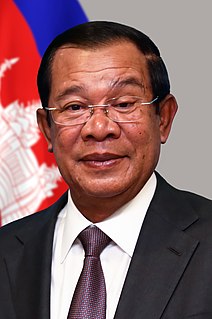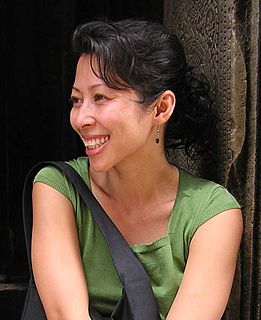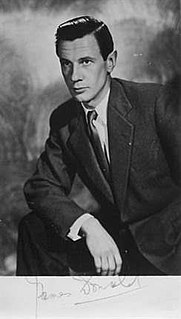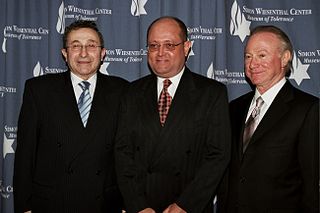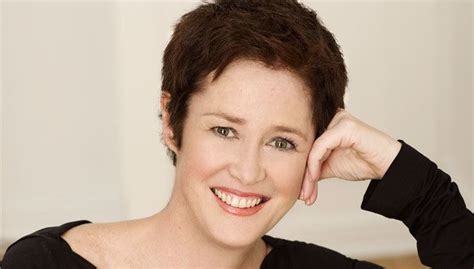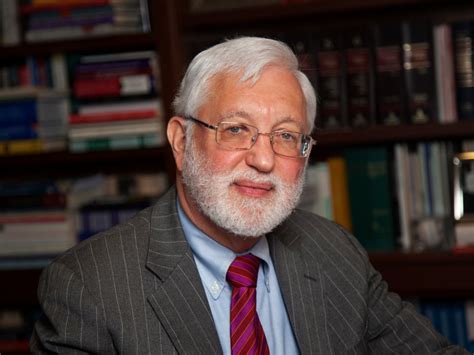A Quote by Hun Sen
The trial organized with U.N. participation of some kind will be for crimes committed by Khmer Rouge leaders from 1975 to 1979. That's it.
Quote Topics
Related Quotes
Crimes were committed to punish crimes, and crimes were committed to prevent crimes. The world has been filled with prisons and dungeons, with chains and whips, with crosses and gibbets, with thumbscrews and racks, with hangmen and heads-men — and yet these frightful means and instrumentalities have committed far more crimes than they have prevented.... Ignorance, filth, and poverty are the missionaries of crime. As long as dishonorable success outranks honest effort — as long as society bows and cringes before the great thieves, there will be little ones enough to fill the jails.
It's just this long overdue. These people [ex-Nazi brought to trial] should be grateful to the apathy that exists there that prevented them from being brought to trial earlier. All of the people that they committed crimes against had their lives snuffed out, some of them at very young ages. Some of them never had a chance to get married and have children.
In the Goldstone Report, Israeli perpetrators of possible crimes against humanity were made subject to prosecution and punishment, although the geopolitical leverage of the United States within the UN prevents implementation. At the same time, several African leaders are being prosecuted for their crimes against humanity and participation in genocide: a double standard of sorts, given the impunity accorded to the West and Israel.
Some people have witnessed the killing of their husbands, or they survived other horrific things. My sister is a widow but her husband was killed after the Khmer Rouge. There are different periods in which violence has occurred, and differences in how these women became widowed and how they survived afterwards.
